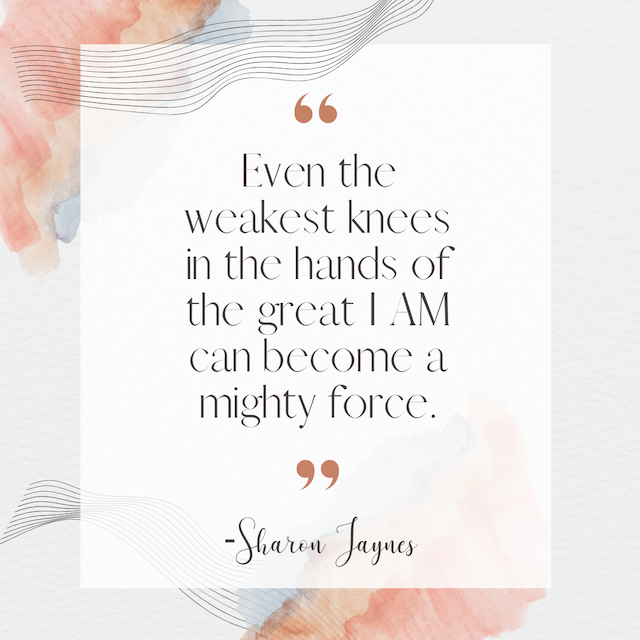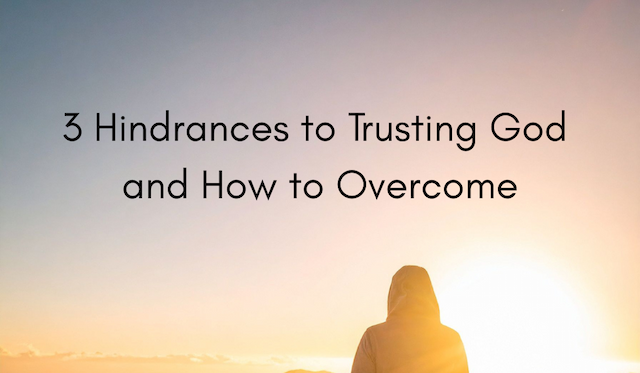Electricity, Hurricane Sandy and the Feast of Sukkot – Four lessons – Attempts at Honesty
![]() Hurricane Sandy made herself known in a big way in my area. In all the years that I lived in Southeastern Pennsylvania, I never experienced winds like we had earlier this week.
Hurricane Sandy made herself known in a big way in my area. In all the years that I lived in Southeastern Pennsylvania, I never experienced winds like we had earlier this week.
My family and I were blessed in that there was no damage to our home. Other than the minor inconvenience of being without electricity for a little over 24 hours, we came through the event quite well. Others have not fared so well and have endured major losses, my heart and my prayer is with them right now.
As the hurricane raged, it was difficult to think; it was quite enough just to take it all in. But once the storm began to wane, some thoughts came to me about life and hurricanes. Here are some thoughts in no particular order:
- Hurricane Sandy reinforced the idea that all we really need for physical existence is food, water and shelter. So many of the things we think of as indispensible are not. In reality, that iPad that you think you need is a nice-to-have, not a necessity.
- A major weather event such as Sandy demonstrates that man is not really the master of his own destiny, Jack Welshnot withstanding. The best we can do in response to such force is to find a shelter with sufficient strength to provide protection. Altering or controlling the storm is impossible. We may want to continue the illusion of control, but Sandy should be a clue to how little control we really have.
- The hurricane also demonstrated that we overestimate the importance of many of the things we do. When survival is on the line, it does not matter if the lawn is well manicured. When there is little water for cooking, it does not matter if the spice rack is alphabetized. The point is not that neat cupboards and attractive lawns are not good. The point is that when we take good things and make them ultimate things, we get our priorities out of whack.
- When something like Sandy comes along, it reinforces the need we have for community. When bad stuff starts to happen around us, we learn that we cannot live in a vacuum. We need, and are needed by, the people around us. We are called to live in community.
As I started to write these observations, the Feast of Sukkot in the Old Testament (Leviticus 23:34-44) came to mind. This is a Jewish feast also known as the Feast of Tabernacles or the Feast of Booths. During this feast the Israelites would build temporary shelters and live in them. It was the original family camp.
Ostensibly the feast was to commemorate the Exodus of Israel from the nation of Egypt. The booths provided a physical reminder of how their forebears lived as they wandered through the desert. Yet I wonder if a side benefit of this feast was to demonstrate to the Israelites the four points listed above. Like us, Israel struggled to keep their priorities straight and to understand who was in control of their destiny. This feast could provide a yearly reorientation to a better perspective.
I do not want to downplay the hardship that some have had to endure in the aftermath of Sandy. But for those of us who were merely inconvenienced, I suggest that we think of it as a forced entrance into Sukkot. We have been given the chance to reflect on what is really important and to redirect our thoughts and resources to better uses.
We only need to stop long enough to reflect.





